Only one car is more hotly debated than the Porsche 911, and that’s the Porsche 911 Targa.
Even before it went on sale, in 1967, nobody at Porsche could agree on what to call the new type of 911, which bridged the gap between a coupe and a convertible.

Just as the “Carrera” badge celebrated Porsche’s success at the famous Carrera Panamericana road race, in Mexico, a name for this new type of 911 was also intended to project Porsche’s motor sport pedigree. “Le Mans” or “Monza” were in favour but already taken. The Germany sports car maker had won the Targa Florio, the demanding endurance race on Sicily, for the fourth time in five years, and some favoured calling the new model “911 Flori”. But it sounds, well, strange.
In the end, Harald Wagner, Porsche’s sales manager for the German market, posed the question, “Why don’t we just call it Targa?” and by doing so the 911 Targa came to be.
As Porsche reveals the latest, 2020 model, Hagerty presents a potted history of the 911 that divides opinion more than any other.
1967: Air-cooled for the flower-power age
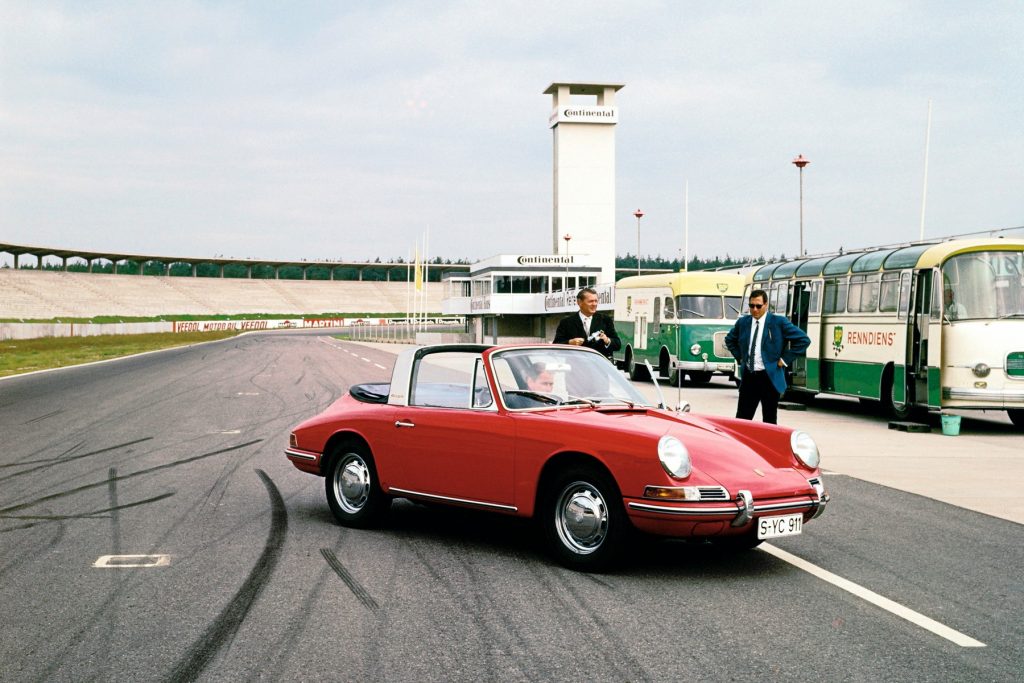
The 911 was introduced in 1963 and the Targa arrived, after considerable development, in 1967. It had been first been displayed to the car-buying public at the 1965 Frankfurt motor show, but trials with prototypes had been ongoing since the summer of ’64.
The car and specifically its roof arrangement was dreamed up in response to crash-safety concerns in America, after convertibles, roadsters and their ilk were labelled death traps by law makers. For a sports car maker like Porsche, a solution was need if it wanted to continue to do business in California and beyond. That solution was the Targa roof.
It was settled on after motor sport-derived roll bars were discounted on the grounds that they made the car look like homemade. It provided wind-in-the-hair feeling without requiring costly bodywork changes; the bonnet, all wings and the rear end remained untouched. A plastic window was initially fitted to the car, but by 1969 it had been replaced by a glass arrangement.
1974: The yuppie’s favourite
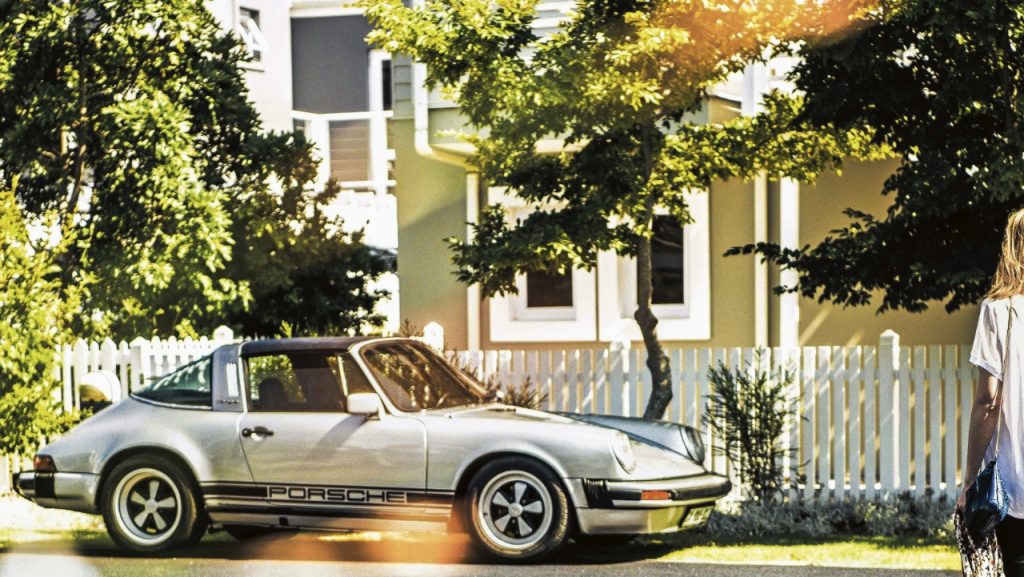
The unmistakeable look of the post-1973 Porsche 911 was brought about in part by US law changes that necessitated superior safety and cleaner, more efficient engines. The Targa remained part of the family but for a brief time its future looked threatened. Porsche introduced a cabriolet bodystyle in 1982, but the Targa wasn’t about to roll over and check out and the yuppies still wanted to be seen with it. In 1989, at the end of the G model’s life, a special Speedster marked the end of this 911’s era.
1990: Time for technology
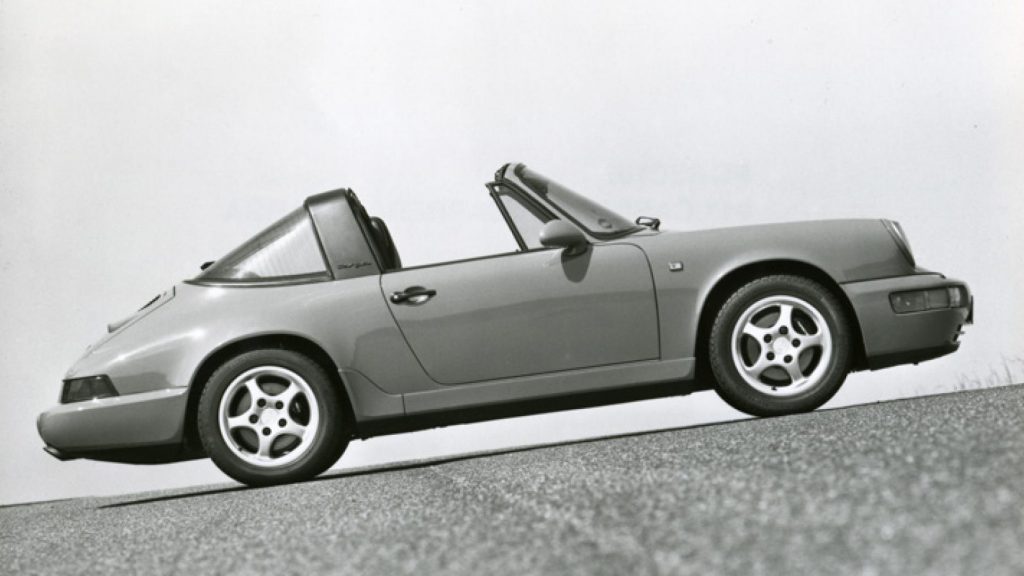
On the one hand there were not dramatic changes for the Targa, which remained a part of the 911 family during the 964 era. On the other hand, Porsche threw all manner of technology at its flagship sports car, even choosing to launch it with a four-wheel drive system that had been derived from the 959 supercar. A retractable rear spoiler added wow factor, the flat-six engine was up to 3.6 litres and featured twin-spark ignition, and a fancy Tiptronic transmission that learned your driving style and allowed for manual selection of the gears of the ZF four-speed automatic gearbox.
1995: Breaking new ground with a glass roof
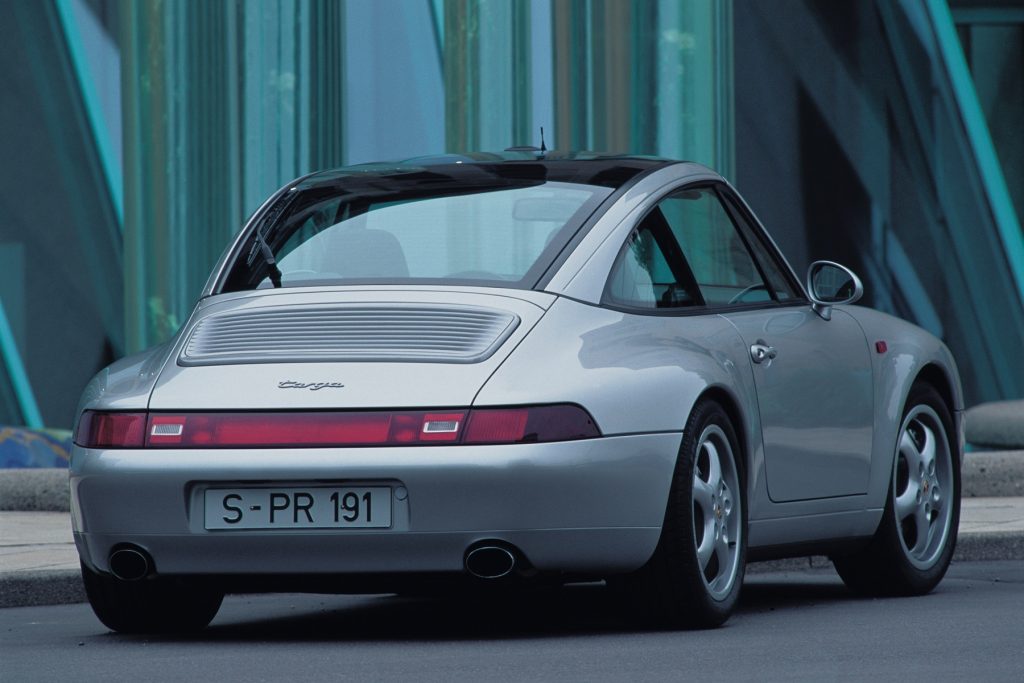
If the 993 era model is one of the most desirable 911s, then the corresponding Targa is one of the most innovative. Porsche introduced a glass roof. Able to be opened and closed at the touch of a button, it was claimed to allow for a more robust body structure. Unfortunately, neither this nor the perfect proportions of the Targa were enough to tempt buyers in the volume the company had become accustomed to.
2002: Money matters
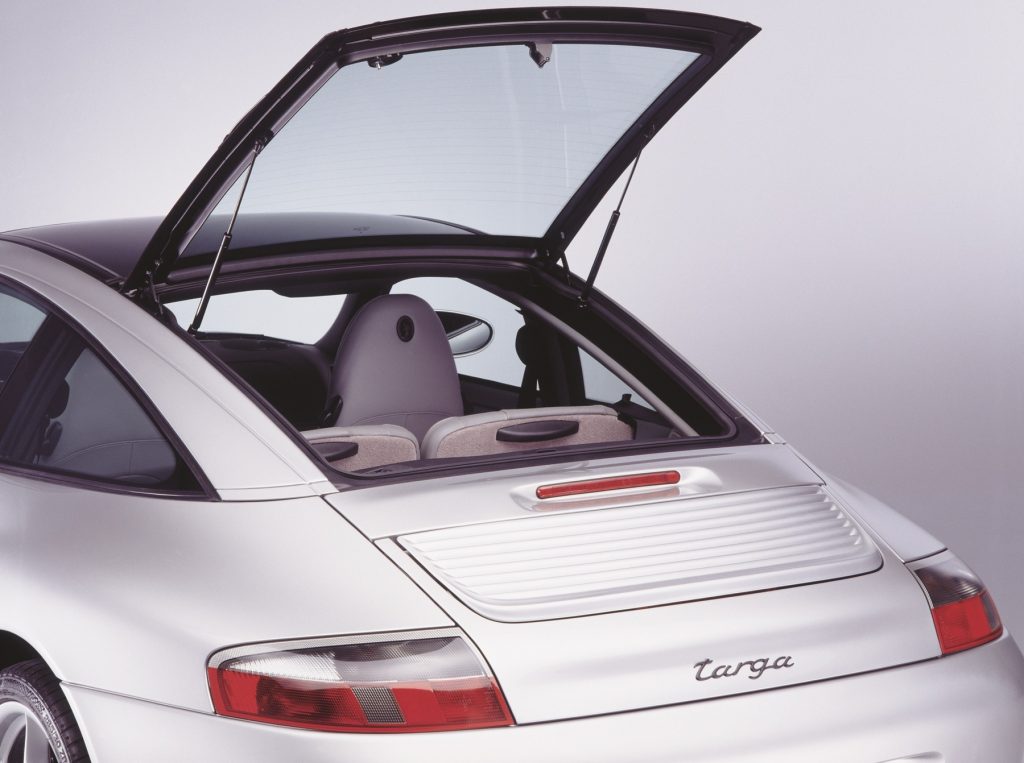
The 996 Targa continued its predecessor’s arrangement of a sliding glass roof with a subtle change: the rear windscreen could be opened, a little like a hatchback. The first of the water-cooled 911s shared much with the Boxster, and helped save Porsche from financial ruin. But the car’s aesthetic and mechanical makeup were called into question by Porsche purists.
2006: Lessons learned
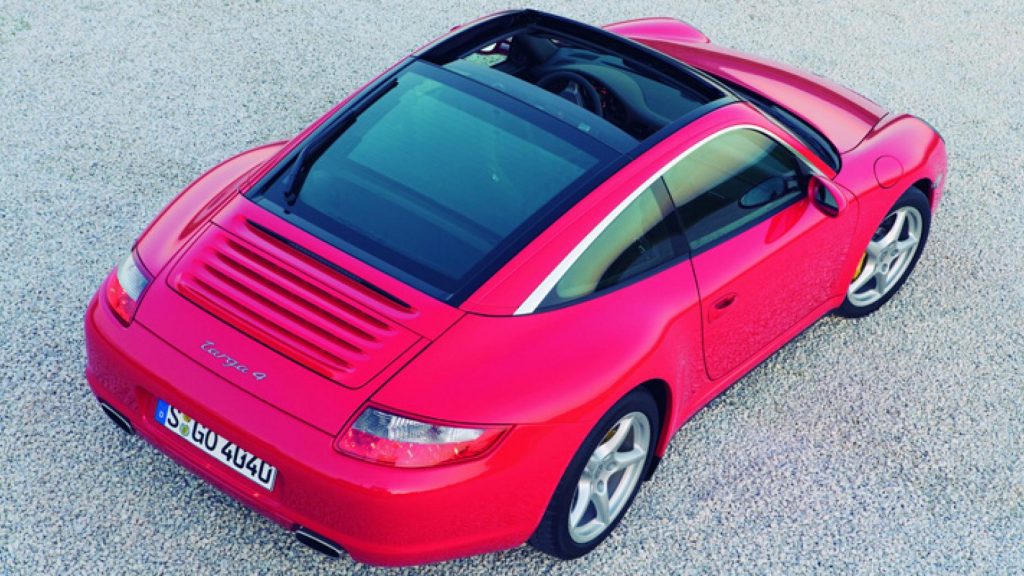
Customers told Porsche what they thought of both the 996 car and the Targa variant, and the company listened. The 997 was an improvement, both visually and mechanically, while the Targa version stood out thanks to design flourishes that included a chrome-frame window area. Four-wheel drive was now standard.
2014: The showstopper
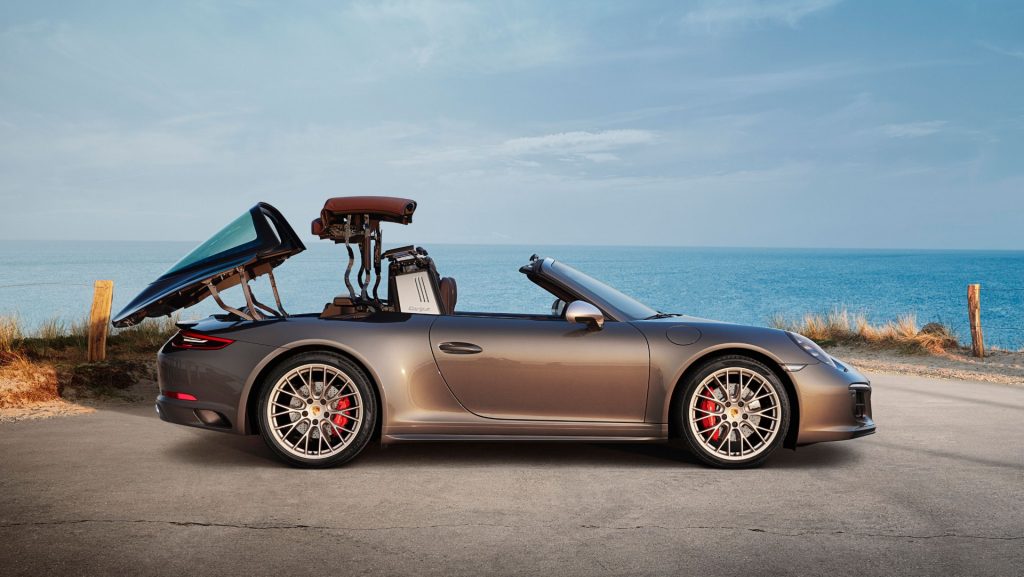
There must have been a great deal of head-scratching for the engineers that were tasked with developing the 991 era Targa. The car brought about a show-stopping roof that performed a mechanical pirouette, lifting the rear deck and folding away the Targa roof panel. At the same time, the designers paid tribute to the original, 1967 Targa, introducing a silver-coloured roll bar.
2020: Today’s Targa
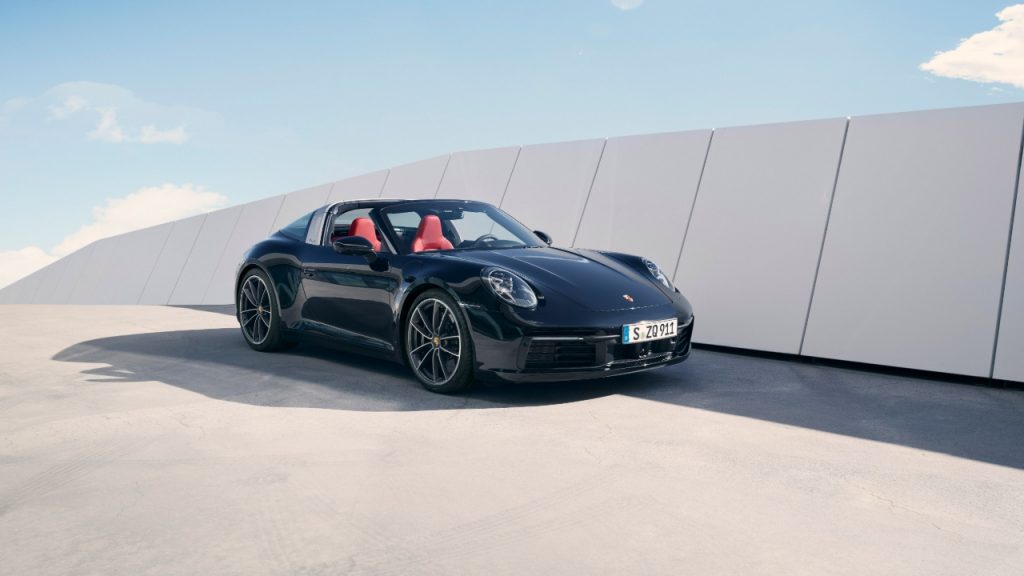
If it ain’t broke, don’t fix it. So the latest Targa carries over the lifting roof arrangement from its predecessor. It remains four-wheel drive, in Carrera or Carrera S spec, with 385hp and 450hp respectively, and costs from £98,170. For those who value a 911 that can be driven in comfort whatever the conditions, and then opened up to the sunshine at a moment’s notice, it’s a price worth paying.
Which 911 Targa is the coolest? Or is there another targa-type car that you’d rather drive? Let us know in the comments, below.











comment
comment